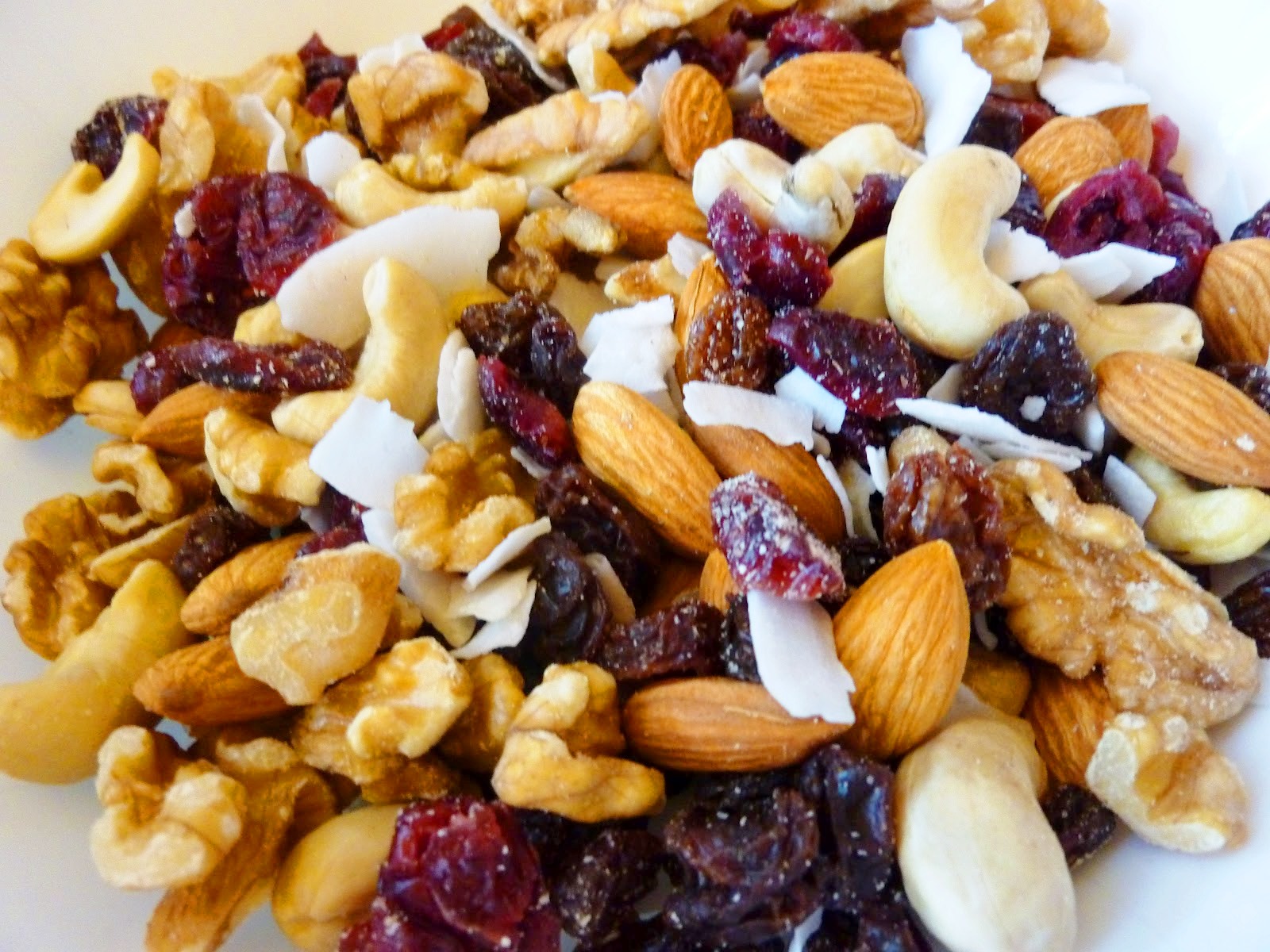Dehydration is an ancient food preservation technique that has been in practice since 12,000 B.C. The technique inhibits the growth of bacteria in a food item by removing water from it. Since drying or dehydration process makes the fruits lose considerable amount of moisture, they become more concentrated in essential nutrients such as carbohydrates and fiber. The dehydration process also increases the calorie and sugar content in fruits. However, the process usually degrades some essential vitamins that are present in raw fruits.
People often ask their nutritionists whether dried fruit better is than the fresh variety. The common answer to this question is that the dried fruit may not necessarily be healthier than its fresh counterpart, but it adds energizing carbohydrates and healthy minerals to your diet. However, if you want to know more about this comparison, continue reading.
Benefits of Dehydration
Since dried fruits are concentrated in carbohydrates, fiber and other essential nutrients, they serve as a source of concentrated energy and promote healthy digestion as well. Another benefit of dried fruits is that they have much longer shelf life than their fresh equivalents, and are also easy to transport. If dried properly and stored in airtight jars, most dried fruits will keep for at least 2 to 3 months.
Caloric Density
Since dried fruits are high in calories, their standard serving should be half the serving size of fresh fruits. A research conducted by the U.S. Department of Agriculture on fresh and dried apricot has revealed that one cup of fresh apricot halves contains 17 grams of carbohydrates, 134 grams of water, 3 grams of fiber and has 74 calories. Whereas an equivalent amount of dried apricot halves contains 81 grams of carbohydrates, 40 grams of water and ten grams of fiber and has 313 calories.
Nutrient Density
Dried fruits are also more dense in certain vitamins, minerals and antioxidants than their raw equivalents. A study conducted in 2005 concluded that a specific serving of dried apricots has higher concentration of iron and potassium than fresh apricots, while dried figs are higher in fiber and calcium as compared to fresh figs. Dried fruits are also rich in antioxidants that offer protection against coronary heart diseases and cancer.
Bottom line
Both raw and dried fruits contain the same nutrients, but differ in concentration of these nutrients and their caloric value, with the latter making a rich source of essential nutrients. So if you are a weight watcher or monitoring your carbohydrate intake then it is recommended to go for raw fruits over their dried counterparts.





No Comment